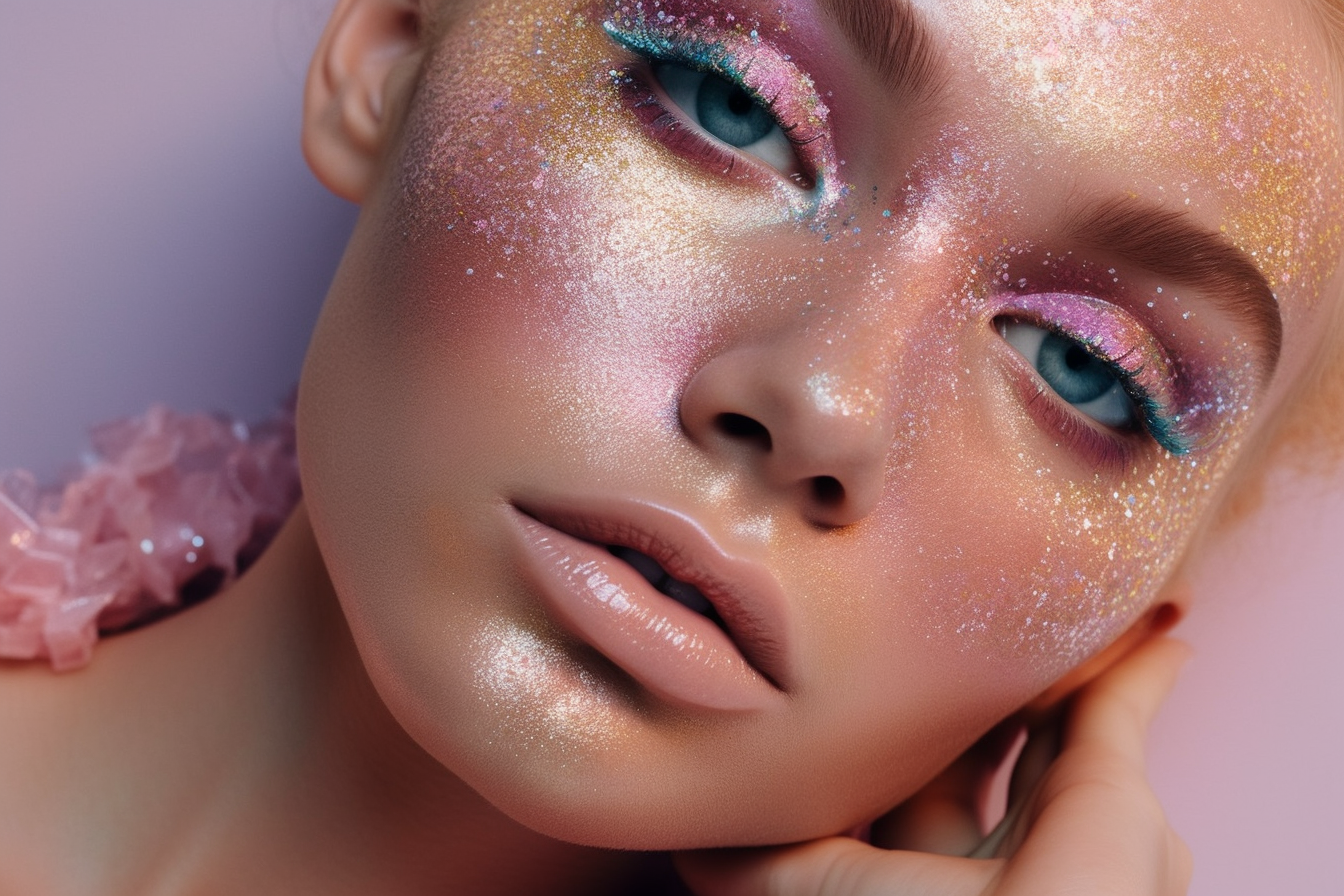
Blackheads can be a stubborn and frustrating skin issue for many individuals. They can appear on various parts of the body but are most commonly found on the face and nose. Blackheads are caused by a buildup of dead skin cells and oil in the pores, leading to a visible black spot on the skin’s surface. While they may seem like a small problem, they can have a significant impact on an individual’s self-confidence and overall skin health. Fortunately, there are various skin care products and techniques that can help remove blackheads and prevent future breakouts. From identifying your skin type to selecting the right ingredients for your skin, understanding the root cause of blackheads is essential for achieving healthier-looking and clearer skin.
In this article, we will explore effective ways to get rid of blackheads and provide expert advice on how to tackle this common skin concern. Whether you are dealing with occasional breakouts or chronic blackheads, this article will provide you with the knowledge and tools to gain control over your skin.
Key Takeaways
- Regular skin care routines focusing on unclogging pores and controlling oil production can prevent blackheads.
- Use of salicylic acid, exfoliating brushes and gels, and clay masks can be effective in removing blackheads.
- Professional treatments like chemical peels, microdermabrasion, and extractions may be necessary for persistent blackheads.
- A balanced diet that includes fruits and vegetables, lean protein, and healthy fats, along with drinking plenty of water and limiting the intake of processed and sugary foods can support healthy skin and prevent blackheads.
Understanding Blackheads
Blackheads are caused by the accumulation of dead skin cells and excess oil in clogged pores, which remain open and oxidize, resulting in a black color. They commonly appear on the nose, forehead, and chin, and can be difficult to remove without causing damage to the skin. Popping blackheads with fingers or tools can lead to scarring, infection, and inflammation, and should be avoided.
Prevention strategies for blackheads include regular skincare routines that focus on unclogging pores and controlling oil production. Salicylic acid, a key ingredient in many acne cleansers, helps to exfoliate the skin and prevent dead skin cells from accumulating. Exfoliating brushes and gels can also be effective at removing dead skin cells, while clay masks draw out excess oil and dirt from pores.
It is important to select noncomedogenic moisturizers that do not clog pores and to tailor skincare routines to individual skin types. Overuse of products can be harmful, and it is important to understand the benefits and drawbacks of both chemical and natural skincare options.
Skincare and Treatment Options
Various skincare and treatment options are available to address the issue of clogged pores caused by dead skin cells and excess oil. These options include the use of salicylic acid acne cleansers, exfoliating brushes and gels, clay masks, and non-comedogenic moisturizers. It is important to understand one’s skin type and select the appropriate skincare products to prevent further clogging of pores.
Here are three treatment options to consider:
1. DIY remedies: Natural remedies like honey, lemon, and baking soda can be used to make homemade face masks that can help remove blackheads. These remedies are cost-effective and easily accessible, making them a popular choice for those who prefer natural skincare products.
2. Salicylic acid acne cleansers: Salicylic acid is a key ingredient in many acne cleansers and can help unclog pores by exfoliating dead skin cells and reducing oil production. It is important to select a cleanser that is appropriate for one’s skin type and to use it as directed to avoid over-drying or irritating the skin.
3. Professional treatments: For those with persistent blackheads, professional treatments such as chemical peels, microdermabrasion, and extractions may be necessary. These treatments should be performed by a licensed professional and can be expensive, but may be worth the investment for those seeking long-term solutions to their blackhead problem.
Tips for a Clearer Complexion

One effective approach to improving the appearance of the complexion involves utilizing appropriate skincare products and routines tailored to individual skin types.
Prevention methods can also play a significant role in achieving a clearer complexion. These methods include avoiding touching the face, washing pillowcases and towels regularly, and not picking at blemishes.
In addition to skincare and prevention methods, dietary considerations can also contribute to a clearer complexion. Consuming a balanced diet that includes fruits and vegetables, lean protein, and healthy fats can provide the necessary nutrients to support healthy skin.
Drinking plenty of water and limiting the intake of processed and sugary foods can also be beneficial for the complexion. By incorporating these tips into a daily routine, individuals can work towards achieving a clearer, healthier complexion.
Frequently Asked Questions
Can blackheads be prevented altogether?
Preventative measures can be taken to reduce the occurrence of blackheads.
Maintaining a consistent skincare routine is key to preventing blackheads. This includes using noncomedogenic moisturizers and acne cleansers that contain salicylic acid, which helps to unclog pores and remove excess oil and dead skin cells.
Exfoliating brushes and gels can also help to unclog pores, while clay masks draw out excess oil and dirt. It is important to understand one’s skin type and select ingredients accordingly, as overuse of products can be harmful.
Additionally, it is important to avoid irritating or inflaming ingredients. By incorporating preventative measures into one’s skincare routine, blackheads can be minimized and controlled.
Are there any natural remedies for removing blackheads?
There are several natural remedies for DIY blackhead removal, but their effectiveness may vary depending on individual skin type and severity of blackheads.
Some recommend using a mixture of honey and cinnamon or baking soda and water as a gentle exfoliant to unclog pores.
Others suggest using steam to open up pores before applying a natural clay mask, such as bentonite or kaolin.
However, it is important to note that natural remedies may not be as effective as store-bought products containing key ingredients like salicylic acid or benzoyl peroxide.
It is also important to use caution when attempting DIY blackhead removal to avoid skin irritation or damage.
Ultimately, the best approach may be to consult with a dermatologist or skincare professional for personalized recommendations and treatment options.
How often should someone exfoliate to prevent blackheads?
To prevent blackheads, exfoliation is an important step in any skincare routine. The frequency of exfoliation depends on an individual’s skin type and the products they use.
For those with oily skin, it is recommended to exfoliate two to three times a week, while those with dry or sensitive skin should limit exfoliation to once a week. The best products for exfoliation are those that contain salicylic acid, glycolic acid, or enzymes to break down dead skin cells.
Physical exfoliants, such as brushes or scrubs, can also be used but should be used with caution to avoid damaging the skin. It is important to note that over-exfoliation can damage the skin barrier, leading to irritation and inflammation.
Therefore, it is crucial to listen to your skin and adjust the frequency of exfoliation accordingly.
Can a poor diet lead to blackheads?
Dietary impact on blackheads is a topic of debate among dermatologists. Some studies suggest that consuming high glycemic-index foods, dairy products, and saturated fats can increase sebum production, leading to clogged pores and blackheads. However, more research is needed to establish a clear link between diet and blackheads.
In addition to diet, maintaining a consistent skincare routine is crucial in preventing blackheads. Using products with salicylic acid, exfoliating regularly, and avoiding comedogenic ingredients can help unclog pores and prevent future breakouts. Understanding one’s skin type and selecting appropriate products is also important.
Overall, a combination of a balanced diet and an effective skincare regimen can help in the prevention and treatment of blackheads.
What role does genetics play in the formation of blackheads?
Genetics plays a role in the formation of blackheads, as some individuals are predisposed to producing more sebum, which can lead to clogged pores. However, skin type also plays a significant role, as those with oily skin are more prone to developing blackheads than those with dry or normal skin.
It is important for individuals to understand their skin type and select skincare products that are tailored to their specific needs. While there are various methods for removing blackheads, overuse of products can be harmful and lead to further skin irritation.
Therefore, it is crucial to approach blackhead removal with a balanced and informed approach.
